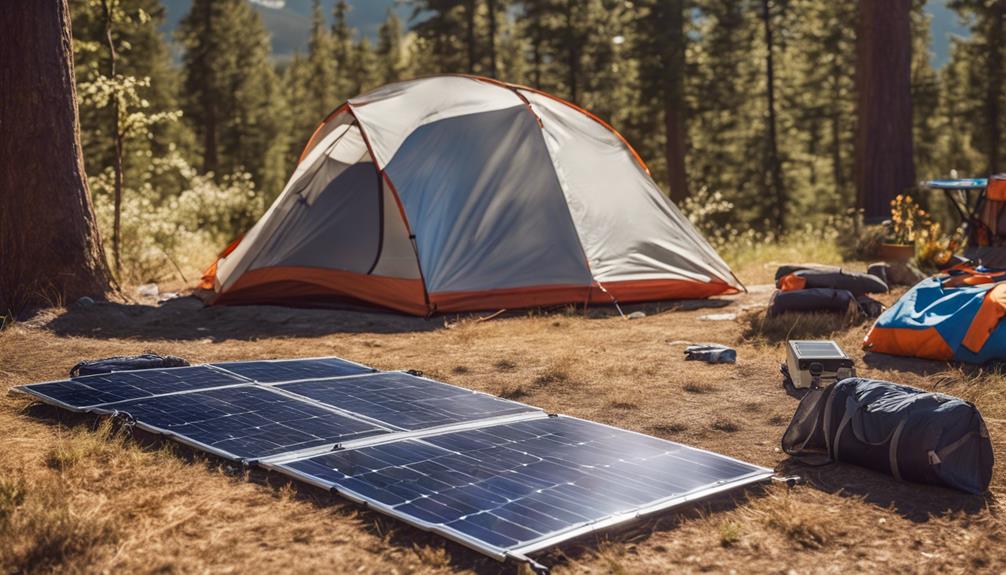
In recent years, the adoption of solar energy has surged as homeowners and businesses alike seek sustainable energy solutions. However, as more people turn to solar panels, a common question arises: Do solar panels affect WiFi? This blog post will explore this subject in detail, covering the potential impacts of solar panel installations on WiFi signals, the science behind it, and practical solutions to mitigate any issues.
Understanding Solar Panels and Their Functionality
Before delving into the effects of solar panels on WiFi, it’s essential to understand how solar panels work. Solar panels convert sunlight into electricity through photovoltaic cells. These cells absorb photons from sunlight, generating direct current (DC) electricity, which is then converted into alternating current (AC) for use in homes and businesses. While solar panels are generally designed to be efficient and unobtrusive, their installation can influence various household systems, including WiFi.
How WiFi Works: The Basics
WiFi operates using radio waves to transmit data between devices such as routers, computers, and smartphones. A WiFi router broadcasts these signals within a specific range, allowing devices to connect to the internet. The frequency bands commonly used for WiFi are 2.4 GHz and 5 GHz. Understanding these basic principles is crucial when assessing whether solar panels affect WiFi, as any physical barriers or interference can impact signal strength and quality.
Potential Interference: Do Solar Panels Block WiFi Signals?
The primary concern regarding solar panels and WiFi interference is the physical obstruction they can create. Solar panels are typically installed on rooftops, which can potentially block or reflect WiFi signals, especially if the router is located far from the solar panel installation. However, the actual impact on WiFi signals depends on several factors, including the distance between the router and the solar panels, the orientation of the panels, and the materials used in their construction.
Distance and Orientation: Key Factors Influencing WiFi Performance
The distance between your WiFi router and solar panels plays a crucial role in determining any potential interference. Generally, the closer your router is to the solar panels, the more likely it is that they could impact the signal. However, if the router is positioned strategically, such as in a central location within the home, the effects may be negligible. Additionally, the orientation of the solar panels can affect signal transmission; if panels are tilted or angled towards the router, they might reflect signals rather than block them.
Materials Matter: How Solar Panel Composition Influences WiFi
The composition of solar panels can also contribute to their impact on WiFi signals. Most solar panels are made of tempered glass and aluminum frames, materials that typically do not significantly interfere with radio waves. However, some solar installations may incorporate materials that could impact WiFi performance, particularly if they include metal components that create barriers. When planning a solar installation, it’s essential to consider the types of materials used and their potential impact on wireless technology.
Mitigating WiFi Issues After Solar Panel Installation
If you’re concerned about the possibility of solar panels affecting your WiFi signal, there are several effective strategies to mitigate any issues. First, consider relocating your router to a more central location in your home, ideally elevated, to maximize coverage. You may also invest in WiFi extenders or mesh networks, which can help distribute the signal more evenly throughout your space, reducing the impact of any obstructions. Lastly, if you experience persistent issues, consulting a professional can provide tailored solutions to enhance your WiFi performance.
Real-World Experiences: Homeowners Share Their Stories
Many homeowners who have installed solar panels have shared their experiences regarding WiFi performance. While some report minimal impact, others have experienced noticeable differences in signal strength. Factors such as the layout of the home, the positioning of both the solar panels and the router, and the overall infrastructure can lead to varied experiences. Sharing these stories underscores the importance of considering individual circumstances when assessing the relationship between solar panels and WiFi.
Conclusion: Weighing the Benefits of Solar Energy Against WiFi Concerns
In conclusion, the question, “Do solar panels affect WiFi?” does not have a straightforward answer. While there is potential for interference, many homeowners find that with proper installation and strategic positioning, the benefits of solar energy far outweigh any minor WiFi issues. As the world moves towards renewable energy solutions, understanding the relationship between solar panels and technology will become increasingly important. By considering the factors discussed in this article, you can make informed decisions that ensure both your energy efficiency and internet connectivity remain strong.
By taking a proactive approach to both solar energy installation and WiFi management, you can enjoy the benefits of renewable energy without sacrificing your internet connection. Embrace the future of sustainable living while keeping your home connected!





